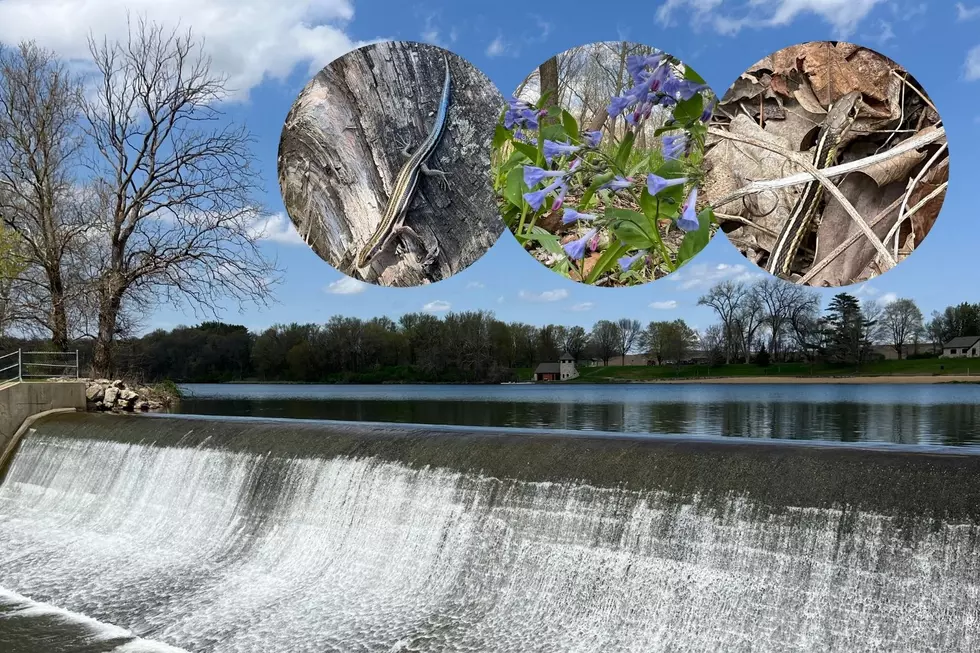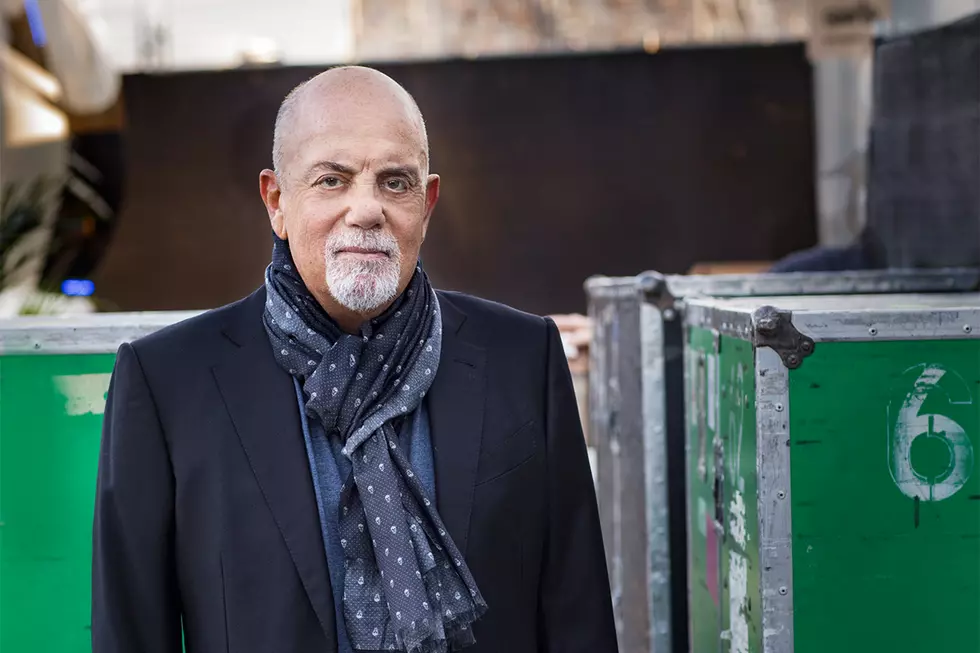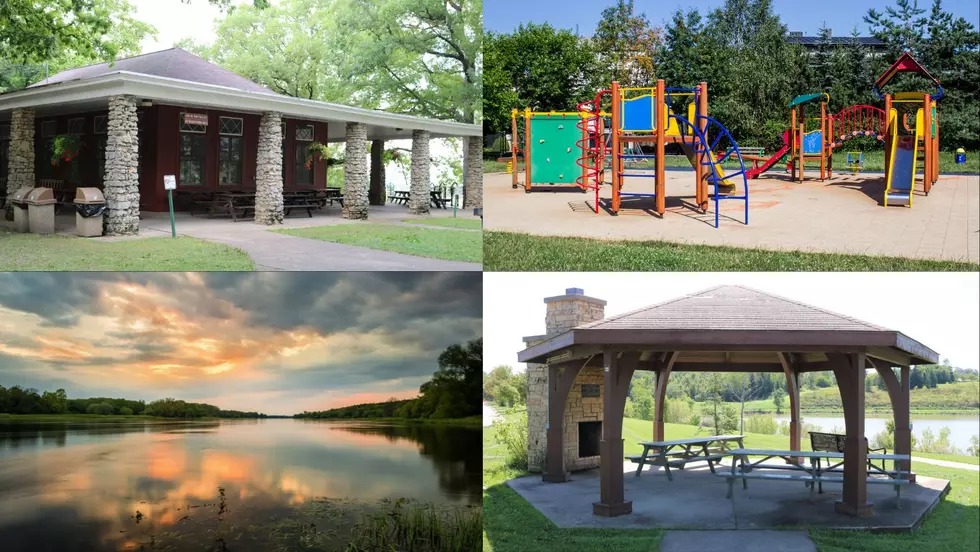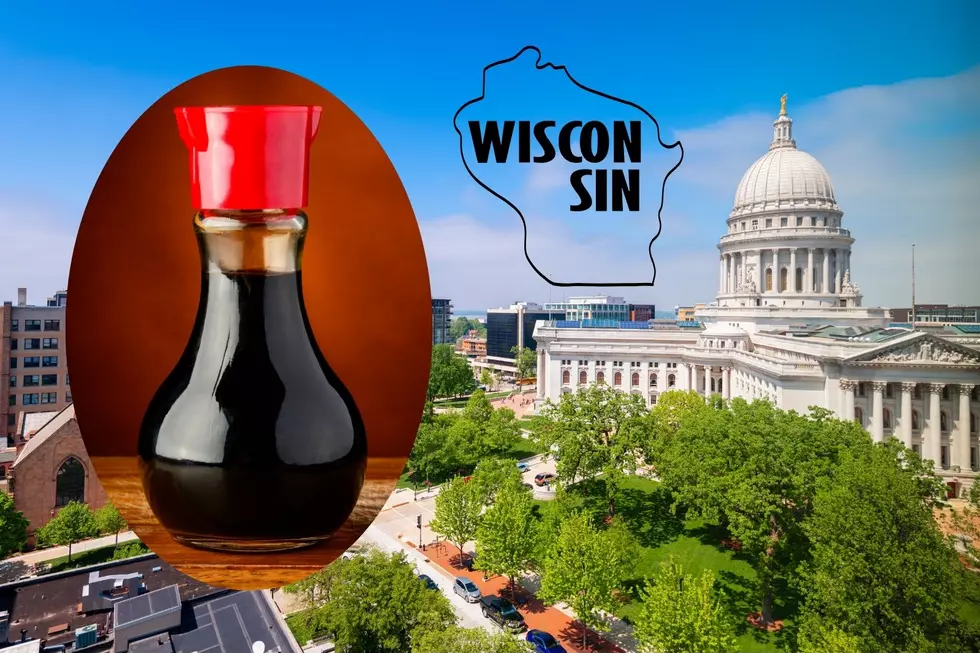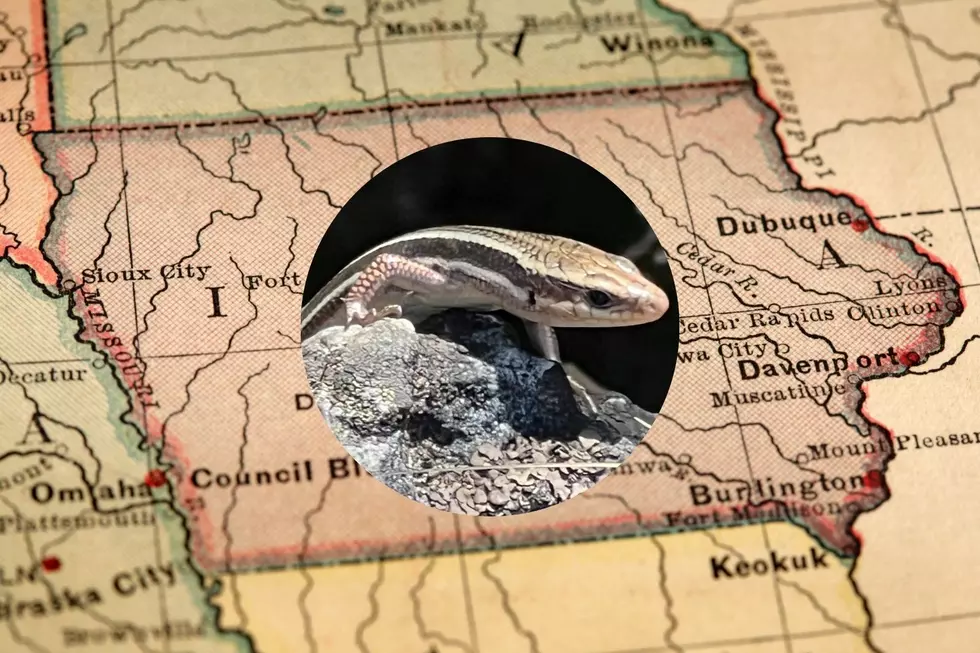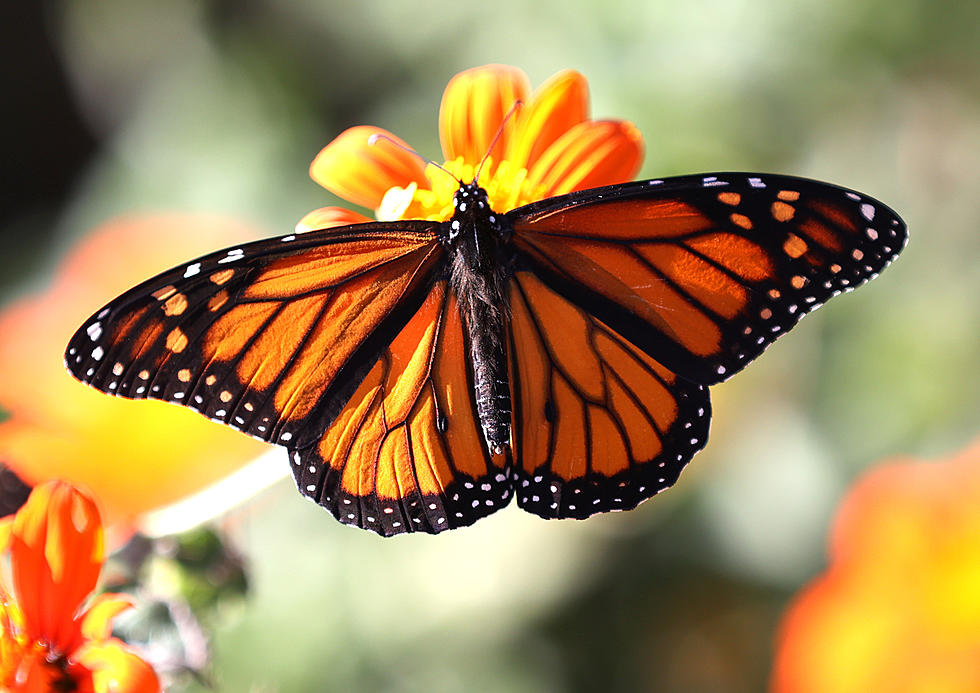
Wisconsin DNR Stresses the Importance of Monarchs
When I was younger, let's say 1990's-ish, I remember seeing fields full of Monarch Butterflies. Who could mistake the vibrant orange and black wings. When I was a kid, I just thought they were pretty bugs, but they play a crucial role in our ecosystem. Not only are they pollinators, but they are also indicators of an area's overall environmental health.
And now with the help of the Wisconsin DNR, you can find out how to help this native species thrive during various Meet the Monarchs events. During this event park naturalists explain the life cycle. And guests can see active nurseries if available, and learn about pollinator habitat. Even how to keep and grow your own butterfly/pollinator garden.
Monarch butterflies are skilled pollinators, particularly in their interaction with flowering plants. As they move from flower to flower in search of nectar, they inadvertently transfer pollen grains, which cross-pollinate. This process helps plants reproduce, ensuring genetic diversity and the continued survival of various species.
The presence of monarch butterflies serves as an indicator of a truly healthy ecosystem. Their life cycle is intricately linked to specific plant species, primarily milkweed. The availability of milkweed, a host plant for monarch caterpillars, indicates the presence of diverse native habitats, which in turn, supports other plant and animal species.
Monarch butterflies face numerous threats. This includes habitat loss and pesticide use. Their population has declined significantly over the years. By focusing on monarch butterfly conservation efforts, people can address broader environmental concerns. Preserving their habitats involves protecting and restoring native vegetation, conserving open spaces, and reducing the use of harmful chemicals.
The Wisconsin DNR reminds you that by safeguarding their habitats and addressing the factors impacting their populations, we can contribute to the overall well-being of our planet and ensure a sustainable future for future generations. My family got in on the fun of conservation and added in a pollinator garden several years ago. Bees, butterflies, and various other insects visit daily until the flowers are gone. It's easy to do, so grow your own today and help with conservation.
The Dubuque Arboretum & Botanical Gardens
Photos: Governor Dodge State Park, Wisconsin
More From Eagle 102.3
